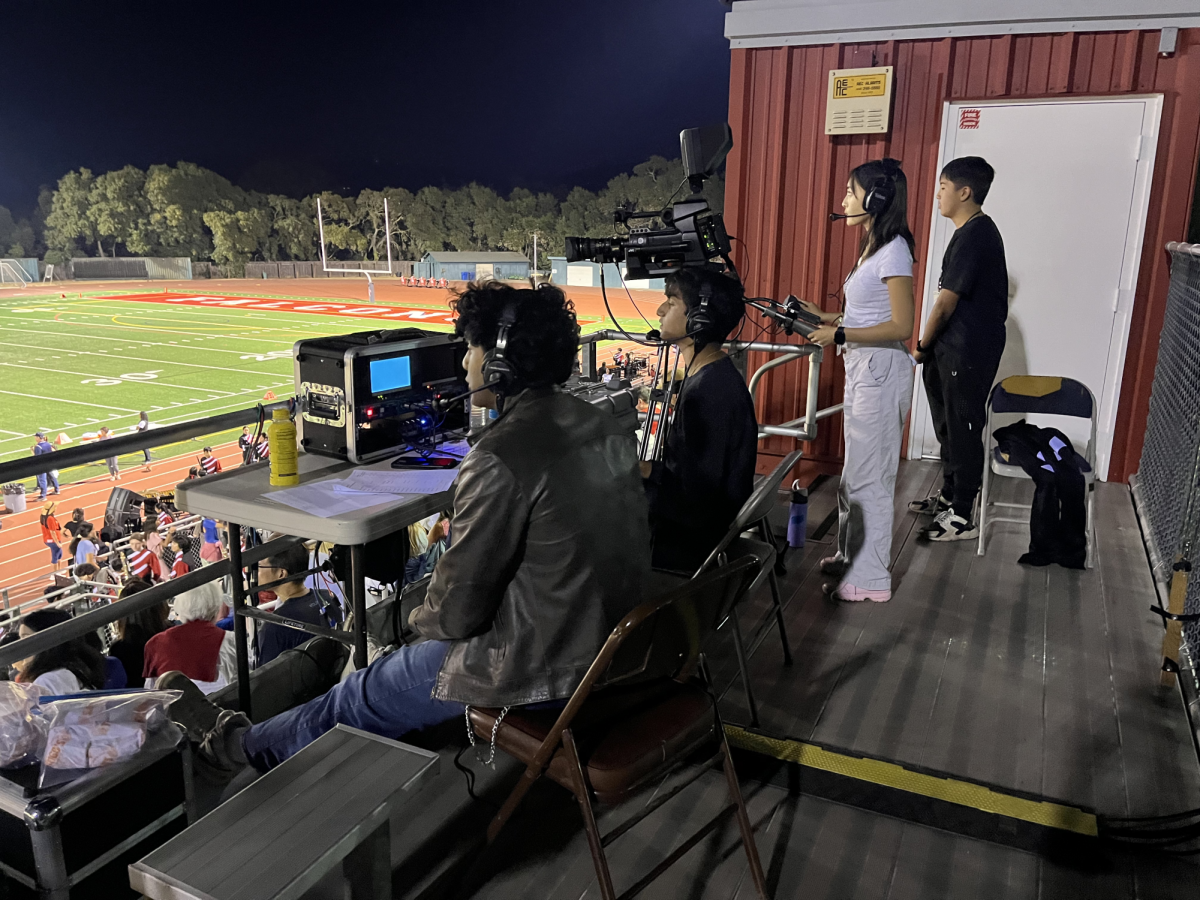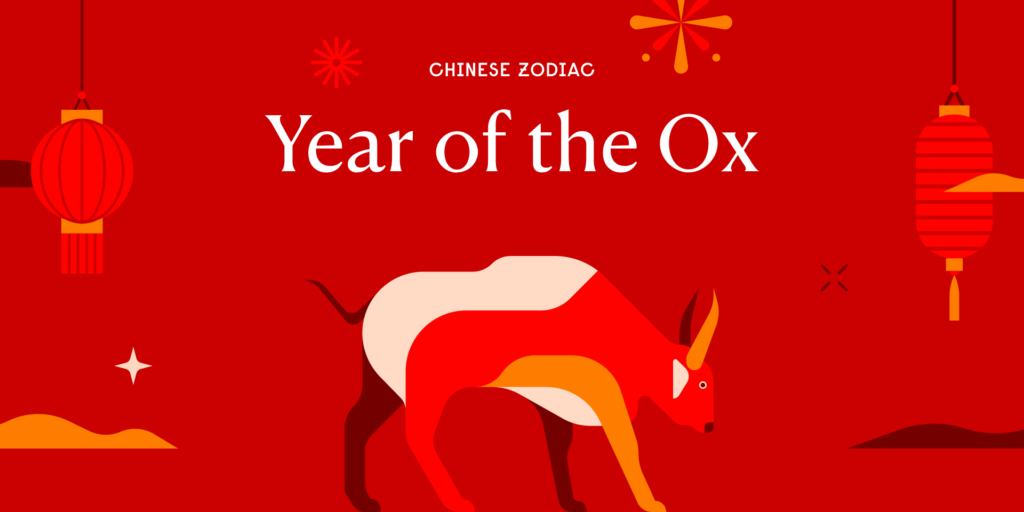“How are you doing lao grandma, lao grandpa, nai grandma, nai grandpa, yi grandma, yi grandpa, jiu grandma, jiu grandpa, big autie, big uncle, small autie, small uncle, cousin brother, cousin sister, and Mike the dog?”
“I, Xu Xin Ran, wish you elders a very joyful, serene, smooth, prosperous, healthy year of Ox!”
At 5 p.m. on Lunar New Year’s eve, my mom hastily put on a red sweatshirt as my dad and I stood behind her, the three of us looking nervously into the WeChat video call.
Every year before Lunar New Year’s, my mom gives me a 30-minute lesson on how to correctly address every family member and how to send New Year wishes so that I don’t embarrass myself in front of my elders who will all be staring at me in lao grandma’s apartment in Beijing. There’s no exception this year because to my family, celebrating Lunar New Year is not about receiving money from parents or indulging in grandiose feasts; it’s a strict tradition to maintain and pass down to future generations.
Even though many Lunar New Year celebration activities, such as visiting family members and grocery shopping for the feast, were canceled due to the pandemic, wishing family members a happy year — bai nian — could thankfully still be conducted online as it is a key part of the 16-day celebration.
A general misunderstanding is that Lunar New Year is a one-day event like the western New Year; however, the celebrations for Lunar New Year last for 16 days, each with specific traditions and meanings.
For example, Lunar New Year’s eve, the first day, is the time when adults of the family decorate their doors with red spring couplets or dui lian — lines of poetry that invoke lasting blessings. The fifth day after Lunar New Year is the time when the god of wealth visits the families, so people eat dumplings, which are shaped like the traditional gold currency, to welcome him.
The formalities that I have to adhere to as the youngest one in the family are always the most daunting part of this festival. Every word spoken during the 16 days needs to be carefully crafted to sound sincere and respectful; otherwise, it will result in bad luck, and I will have to kneel down to the floor and perform Kowtow —bowing till one’s head touches the ground in demonstration of highest degree of reverence— in front of my parents. My sentences need to have varying structures and intricate four-word phrases so I sound educated and sophisticated before my elders.
Conveying empathy and optimism is especially key this year. Although relatives expressed concerns about the ongoing pandemic, I eased the conversation by focusing on the good news, such as the growing abundance of vaccines, because Lunar New Year celebration is always about delivering positivity and hope.
In addition to bai nian, my mom also prepared a feast that included traditional Chinese dishes with positive double meanings, such as fish for prosperity, tofu for alleviating burdens, cabbage for peace and safety and chicken for good luck. Though this year it was just a fancier version of our regular dinners, my mom followed my grandma’s recipes to restore many of the same tastes that we used to have during New Year at my grandparent’s house.
Food allowed my family to spiritually connect with the rest of the family, and it also brought back previous Lunar New Year memories that my family recalled over our special meal.
This year’s Lunar New Year celebration invoked more poignancy than joy with the pandemic, but I was glad to embrace and be embraced by my family and my roots during an unusual year.


























